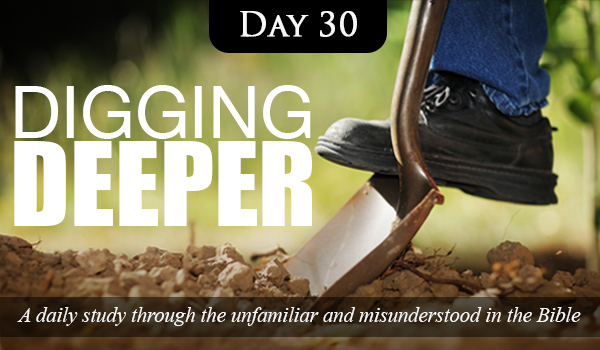
You die twice if you aren’t a believer
The sea gave up the dead that were in it, and death and Hades gave up the dead that were in them,
and each person was judged according to what they had done.
Then death and Hades were thrown into the lake of fire. The lake of fire is the second death.
Anyone whose name was not found written in the book of life was thrown into the lake of fire.
Revelation 20:13-15
It was necessary to quote more than a verse above to give the complete and clear picture of the two phases of death as described in the Bible. My goal here is to briefly explain these two dreadful places and points in time. Please give me a little grace due to the limited space. Study more on your own.
In the Old Testament, Sheol was the word used to describe the place where the unbelieving go upon physical death, to await their final judgment before God. For example, Psalm 16:9-10:
“Therefore my heart is glad and my tongue rejoices; my body also will rest secure, because you will not abandon me to the realm of the dead (Sheol), nor will you let your faithful one see decay.”
And Amos 9:2: “Though they dig down to the depths of the grave (Sheol), from there my hand will take them.”
Hades was the New Testament word used for this transitory place, much like a waiting room – but not in a good way. Here are a couple of examples. In Matthew 11:23, Jesus declared that unbelievers in Capernaum would “go down to Hades”. Luke 16:19-31 is a troubling parable of a rich man in Hades. Since he did not take care of the poor man at his doorstep, i.e. live like Jesus (see Matthew 25:31-46), he was sent to Hades. His torment was so bad that the rich man begged to have the poor man “dip the tip of his finger in water and cool my tongue, because I am in agony in this fire” (vs. 24).
Imagine an unquenchable thirst. Think of never again being at peace. Dwell on the fact that a permanent chasm will keep those in this place from warning their unbelieving loved ones who are still alive. If this does not motivate us into boldness in the here and now, then we need to examine our hearts. The thief on the cross gives us hope that salvation even on the day of death is not too late (Luke 23:39-43).
Now back to the primary passage at hand in Revelation. In the two previous verses (11-12), we read of what is referred to as the Great White Throne Judgment. This is when God opens the book of life and every person has to account for what they have done. Glorious eternity awaits for those saved by grace, and the second death in the horrific lake of fire awaits the rest. What is your destination?
Here is the verse of hope for the world that says it all:
For God so loved the world that he gave his one and only Son,
that whoever believes in him shall not perish but have eternal life.
John 3:16